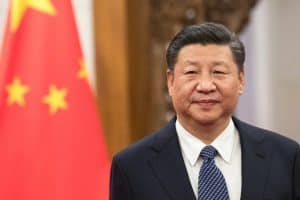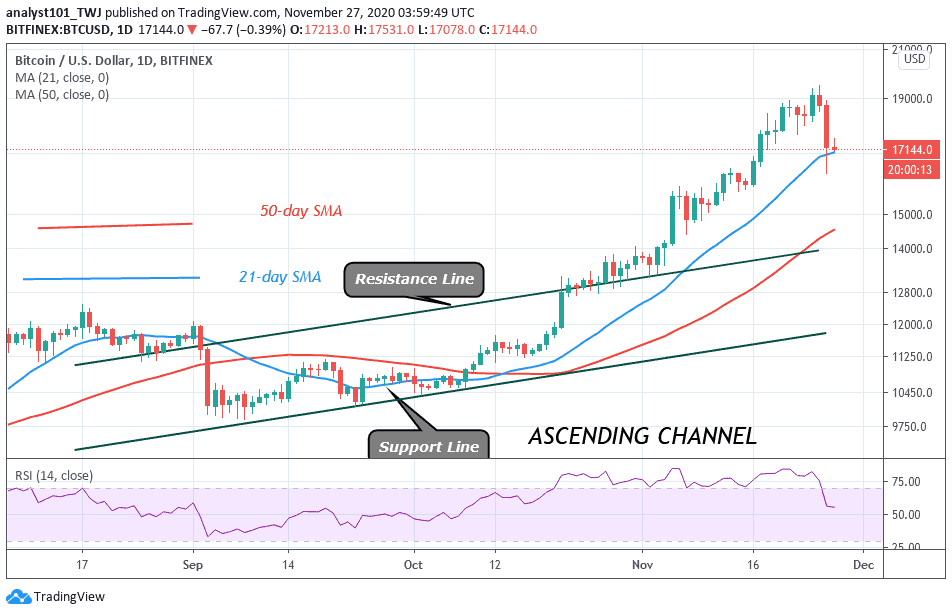Join Our Telegram channel to stay up to date on breaking news coverage
China’s vision for trade and economic development is part of what caused the government to turn bullish on blockchain and a potential Central Bank Digital Currency (CBDC).
However, the Xi administration now seems poised to apply the same technology to one of its most ambitious projects – the Belt and Road initiative.
Strengthening Trade in the Asia-Pacific
Earlier this week, President Xi Jinping told representatives from several top Asian economies to join it in developing the “digital Silk Road.”
According to a report from the South China Morning Post (SCMP), the president made the speech at the China-ASEAN Expo in Nanning. He highlighted that Beijing takes the ASEAN countries seriously and hopes to partner on a more fruitful economic future.
In a recorded message, Xi assured the Asian leaders that as the only high-performing economy in the 10-country economic bloc, China will continue opening up to them. With everyone looking to build their economies following the coronavirus pandemic, Xi assured help with trade.
“China will unswervingly expand its opening up to the outside world, enhancing its domestic and international economic linkages, and driving the world’s common recovery through its recovery, from which all countries in the world, including Asean, will benefit. Looking to the future, there will be even more room for cooperation between China and Asean,” the president said.
A Set of Ambitious, Controversial Projects
The speech appeared to have mentioned China’s ambitious Belt and Road initiative, which began in 2013. The project is described by many as the 21st century Silk Road, mirroring the old trade routes that traversed much of the developed world.
China’s Belt and Road Initiative reportedly plans to connect trade routes in Africa, Asia, and Europe. The project consists of a “belt” of overland corridors and a “road” of shipping lanes. It includes over 70 countries, all accounting for about half of the world’s population and 25 percent of global GDP.
Estimates from Morgan Stanley show that the initiative could cost over $1 trillion. The Chinese government has reportedly invested over $210 billion into it already, with most of the money being spent in Asia.
Although Xi didn’t highlight what the “digital Silk Road” meant, China has been bullish on technological innovations for trade in the past few years. Part of that has been its fixation on the blockchain, with patents related to the technology exploding. A report highlighted that Chinese companies have applied for 4,435 blockchain patents since the government endorsed the technology.
The government has also made significant progress with its digital yuan, with some believing that the asset could launch in 2022. Like the BRI, the digital yuan has also been the subject of significant controversy. Some think that it will challenge the dollar’s status as the global reserve currency, essentially making China the world’s sole superpower.
Join Our Telegram channel to stay up to date on breaking news coverage


